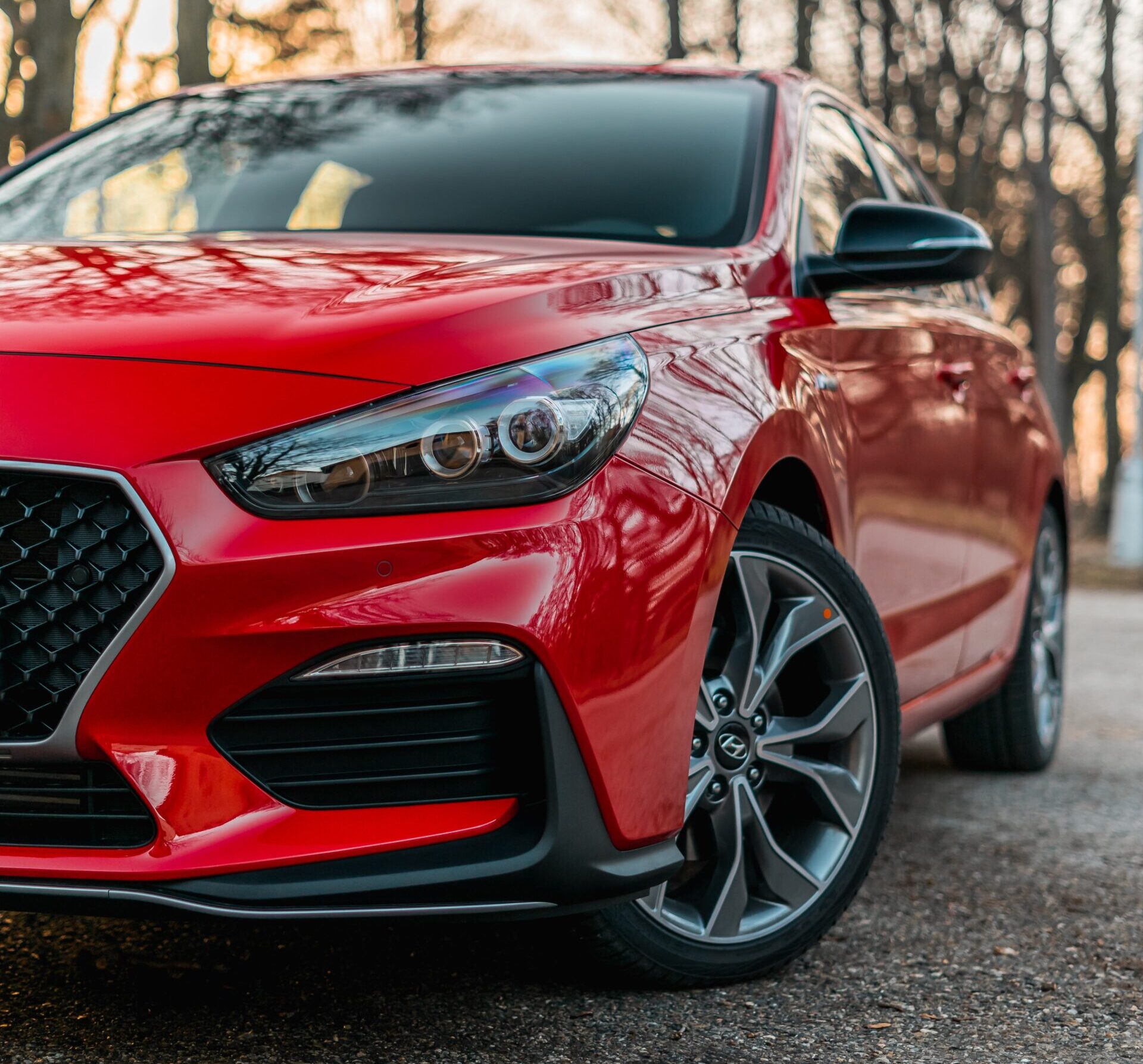Support our educational content for free when you purchase through links on our site. Learn more
10 Reasons Why Leasing a Car Might Not be the Best Option for You [2023]
Leasing a car can be an attractive option for many people, offering the opportunity to drive a newer vehicle without the commitment of ownership. However, it's important to consider the potential drawbacks before signing a lease agreement. Our team at Car Leases™ has compiled a comprehensive list of 10 reasons why leasing a car might not be the best option for you.
Table of Contents
- Introduction
- Reason 1: Mileage Restrictions
- Reason 2: Lack of Ownership
- Reason 3: Higher Monthly Payments
- Reason 4: Penalties for Early Termination
- Reason 5: Limited Customization Options
- Reason 6: Maintenance and Repair Costs
- Reason 7: Insurance and Gap Coverage
- Reason 8: Potential Fees at Lease End
- Reason 9: Difficult Financing Approval
- Reason 10: Long-Term Cost
- FAQ
- Useful Links
- Reference Links
Introduction
Leasing a car can be a tempting alternative to buying, especially for people who prefer driving newer vehicles every few years. However, it's essential to weigh the pros and cons before making a decision. In this article, we will explore ten compelling reasons why leasing a car might not be the best choice for everyone. By understanding these potential downsides, you can make an informed decision that aligns with your personal preferences and financial situation.
Reason 1: Mileage Restrictions
One of the primary drawbacks of leasing a car is the mileage restrictions imposed by the leasing company. These restrictions limit the number of miles you can drive each year without incurring additional fees. If you frequently take long road trips or have a lengthy commute, these limitations can become a significant burden. Exceeding the mileage limit can result in steep charges at the end of your lease term.
Bold text: Mileage restrictions can restrict your freedom to drive as much as you want.
Reason 2: Lack of Ownership
When you lease a car, you essentially become a long-term renter. You won't own the vehicle at the end of the lease term unless you choose to purchase it separately. Leasing does not offer the same sense of pride and ownership that comes with buying a car. If the idea of owning a vehicle is important to you, leasing may not be the best choice.
Reason 3: Higher Monthly Payments
Compared to buying a car, leasing generally involves higher monthly payments. Lease payments primarily cover the depreciation of the vehicle during the lease term. Consequently, you may end up paying more each month for the privilege of driving a new car. If financial stability and reducing expenses are your top priorities, leasing may not align with your goals.
Reason 4: Penalties for Early Termination
Lease agreements are typically long-term contracts, often lasting for multiple years. If you find yourself needing to terminate the lease early, it can come with hefty financial penalties. Early termination fees can add up quickly, leaving you with a substantial bill. If you anticipate the possibility of needing to change vehicles before the lease term ends, you may want to consider buying instead of leasing.
Reason 5: Limited Customization Options
When you lease a car, you are restricted in how much you can personalize or modify the vehicle. Leasing companies typically require you to return the car at the end of the lease term in its original condition. This limitation can be a significant drawback for individuals who enjoy customizing their vehicles to reflect their personal style. If customization is important to you, leasing may not be the best fit.
Reason 6: Maintenance and Repair Costs
Most lease agreements require you to maintain the leased vehicle according to the manufacturer's specifications. While this means you won't have to worry about major repairs, you are still responsible for regular maintenance costs, such as oil changes, tire rotations, and filter replacements. If you prefer not to handle these expenses or want more control over where you get your vehicle serviced, leasing may not be the ideal choice.
Reason 7: Insurance and Gap Coverage
Leasing a car often requires obtaining specific insurance coverage. Comprehensive and collision coverage is generally required, which can increase your insurance premiums. Additionally, leasing agreements may also require gap coverage, which protects the lessor in case the vehicle is stolen or totaled. These additional coverage requirements can add up, making leasing more expensive in terms of insurance costs. If affordable insurance is a priority for you, leasing may not be the best option.
Reason 8: Potential Fees at Lease End
At the end of a lease term, you may be subject to various fees, depending on the condition of the vehicle. Expect fees for excess wear and tear, dents, dings, and even fees for missing equipment. These costs can quickly accumulate, leaving you with an unexpected bill. If you prefer to avoid potential extra expenses at the end of the lease, buying a car might be a better option.
Reason 9: Difficult Financing Approval
Securing financing for a vehicle lease can sometimes be more challenging than getting a loan to purchase a car. Lease financing typically requires a higher credit score and may have stricter lending criteria. If you have a less-than-perfect credit history or don't meet the financing requirements, leasing may not be a feasible option.
Reason 10: Long-Term Cost
While leasing a car may appear more affordable in the short term, it can be more expensive in the long run. The total cost of leasing multiple cars over several years can often exceed the cost of buying a single vehicle. If you plan to keep your next vehicle for many years or want to build equity, buying might be the more financially sound decision.
FAQ
Is it a bad time to lease a car in 2023?
As for any financial decision, the timing can significantly impact the leasing options available. With the fluctuating market conditions, it's crucial to research current lease incentives, interest rates, and promotions. Comparing lease offers from different dealerships can help you determine whether it's a favorable time to lease a car in 2023.
Is it a waste of money to lease a car?
Leasing a car is not inherently a waste of money; however, it may not be the most cost-effective option for everyone. Your personal financial goals, lifestyle, and driving habits all play a role in determining whether leasing is the right choice for you. Carefully consider the pros and cons, evaluate your budget, and make an informed decision based on your unique circumstances.
How much is a lease on a $45,000 car?
The monthly lease payment on a $45,000 car can vary based on factors such as the lease term, down payment, credit score, and the specific deals offered by dealerships. It's best to research current lease offers and consult with dealerships directly to get accurate pricing and quotes tailored to your situation.
Useful Links
For more information about car leasing, finance, and other related topics, check out the following links:
- Car Leases™
- Car Leasing vs. Buying: Which is Right for You?
- Edmunds Car Leasing Guide
- Consumer Reports: Car Leasing
Note: It's important to compare financing options, lease agreements, and promotions from multiple sources to make an informed decision.





